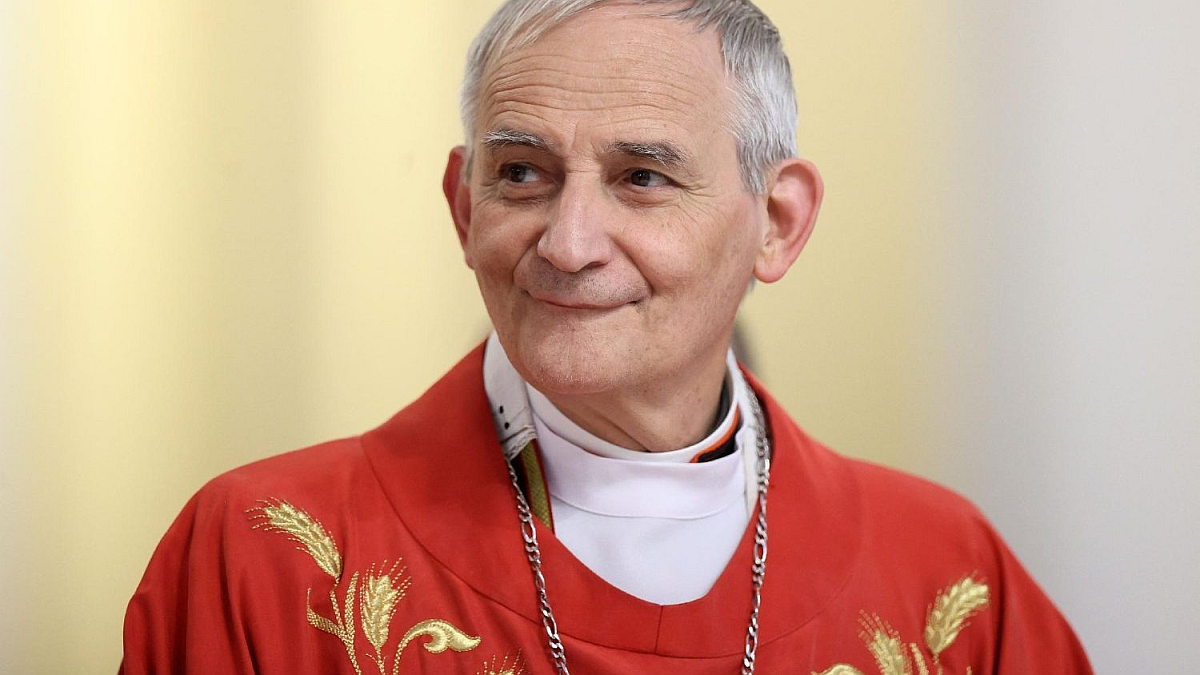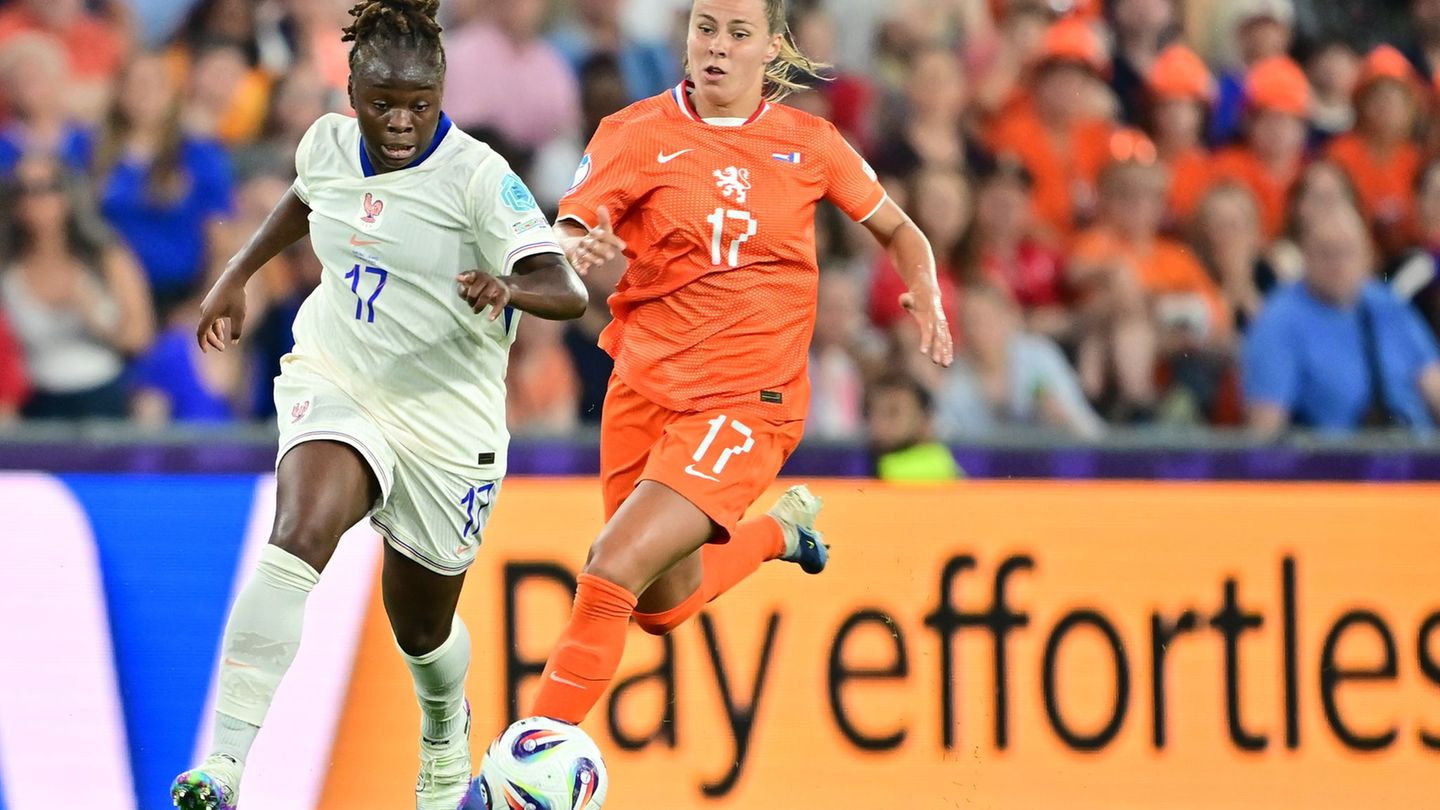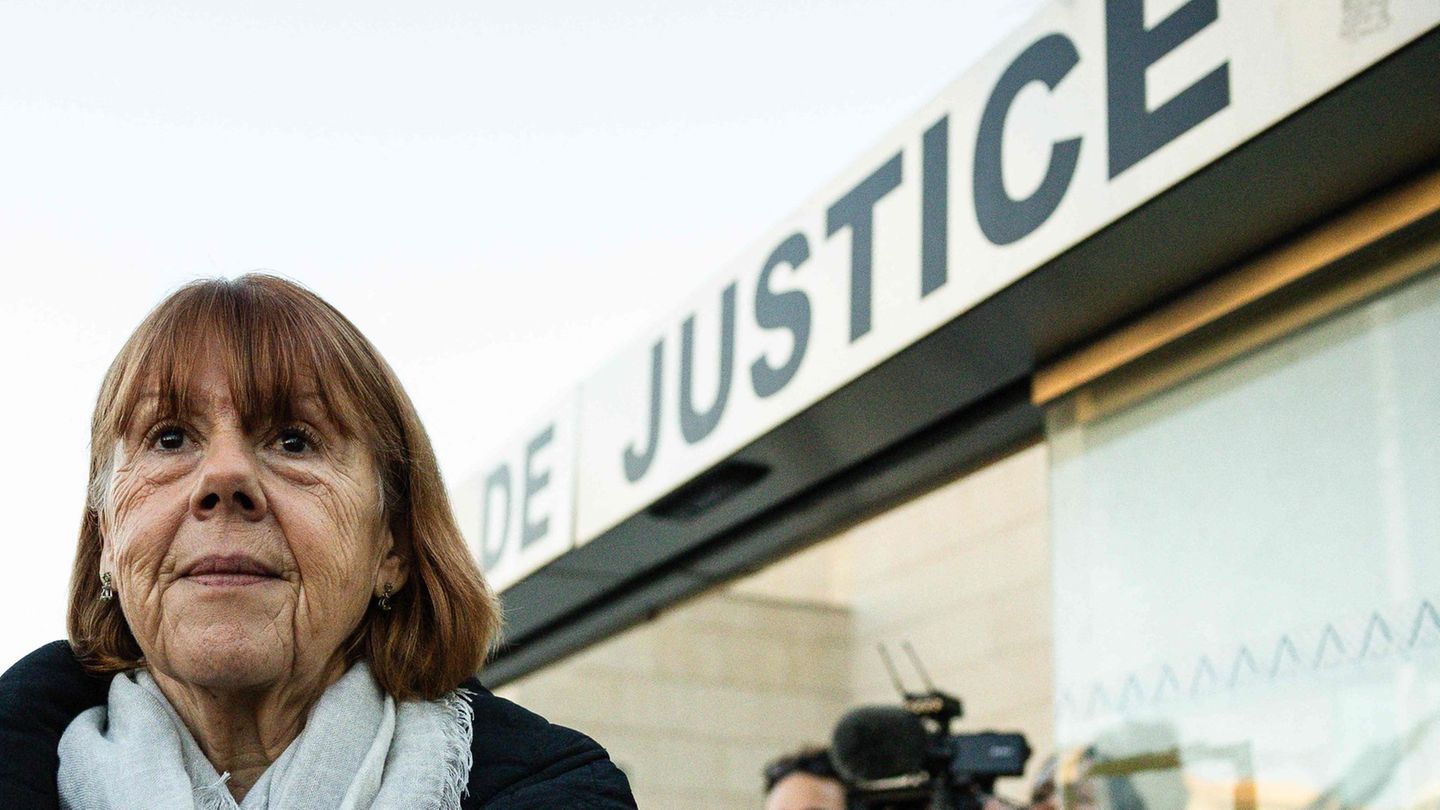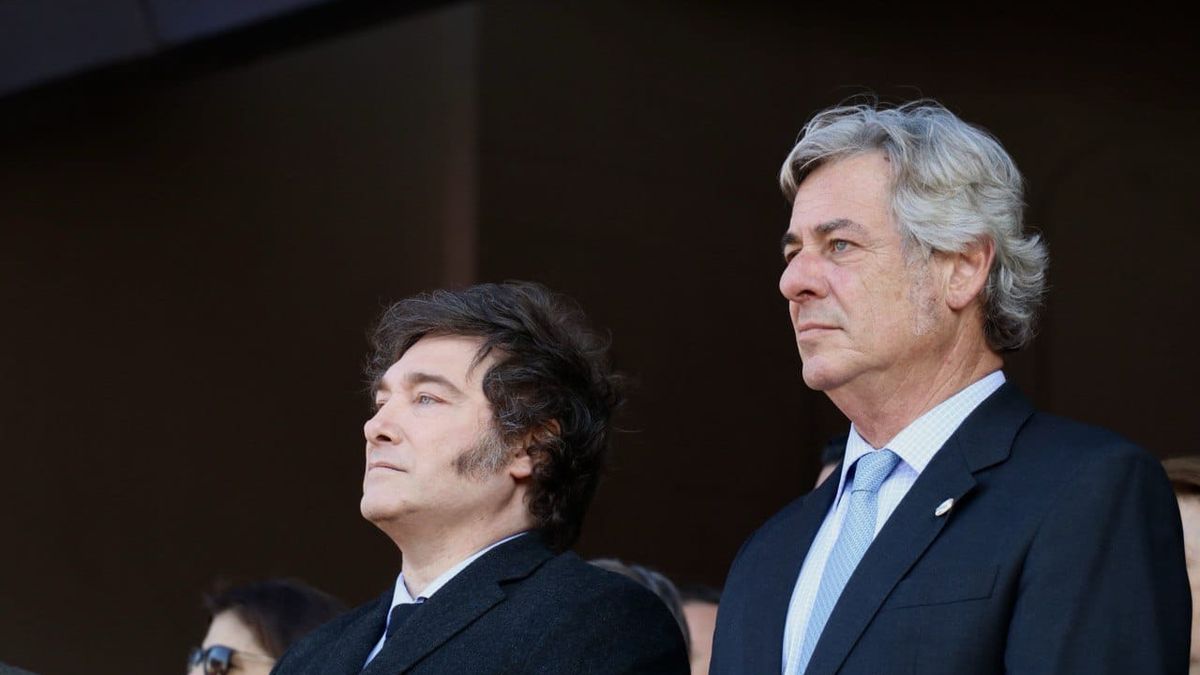The Vatican will carry out today, Wednesday, May 7, the conclave to choose the next spiritual leader of the more than 1.4 billion Catholics in the world. In this scenario, Matteo Zuppi’s namearchbishop of Bologna and president of the Italian Episcopal Conference, appears strong among the possible successors of Pope Francis.
69 years olda solid pastoral and diplomatic trajectory, and progressive positions on social issues, ZUPPI represents one Balance figure within the Church. Thus, from 11:30 (Argentine time), 133 Cardinals will decide the new Pope.
Who is Mateo Zuppi, the cardinal committed to social causes and interreligious dialogue
Born in Rome in 1955, Zuppi comes from a Catholic family – it is the fifth of six brothers and son of a journalist – and From a young age it was linked to social causes. His journey began in the community of Sant’Egidio, A secular organization based in the Romano del Constévere neighborhood, nicknamed “the little UN” for its role in the mediation of conflicts internationally. In that space, the cardinal He developed his vocation to accompany the most vulnerable: Children of humble neighborhoods, people in street, elderly without support network, prisoners, migrants and terminal patients.
Ordered priest in 1981, he formed academically in Lyrics and Philosophy at La Sapienza Universitywith specialization in Christianity history, And he studied theology at the Pontifical Lateranense University. For more than three decades, Zuppi served in multiple positions in the Diocese of Rome: pastor, rector, prefect and member of the Presbyteral Council.
Matteo Zuppi 1200
Zuppi, one of the main candidates to be potato.
AP
His rise within the ecclesiastical hierarchy was consolidated in 2012, when it was Auxiliary Bishop of Romeand then in 2015, When appointed archbishop of Bologna.
His designation as a cardinal came in 2019 by the hand of Francisco, who trusted his pastoral and conciliatory profile, close to the line that the Argentine sought to plant from the couch of San Pedro. In 2022 he was elected president of the Italian Episcopate, and in parallel, He joined the Vatican Supreme Court.
In addition, Zuppi is also part of the Dicasteria for the Service of Integral Human Development, Key organism for the social agenda of the Holy See, and the administration of the heritage of the Apostolic Headquarters, which manages the Vatican economic assets.
The figure of Zuppi stands out for its various peace missions, which gives it a mediating and negotiating profile. In the early 90s he participated in the talks that ended 17 years of civil war in Mozambiquetogether with Andrea Riccardi, founder of Sant’Egidio.
That agreement, signed in 1992 in Rome, It is considered one of the milestones of post -contest informal diplomacy. Since then, his role as a mediator repeated in conflicts around the entire globe: Burundi, Kosovo, Cuba, Ukraine and more.
“He is a man with a lot of patience, he knows how to listen and is discreet, very important qualities when he wants to conduct a path of peace,” Marco Impagliazzo, President of the Community of Sant’Egidio, highlighted.
Similar to Francisco, Zuppi was characterized by a Empatheic and close pastoral styleespecially to those who have been historically excluded from the Church. He is one of the few Italian bishops who publicly defended a host pastoral for people LGBTQ+ and promoted a More inclusive approach to migrants.
Thus, with values similar to those that Francisco is looking to convey, Zuppi argues that “the Church is not a community of perfect people. It is composed of men, and men are sinners”, He declared to the repubblica when he was consulted on the scandals that have affected the Vatican.
How long will the conclave last?
The Apostolic Constitution establishes a voting calendar until A new Pope for a two -thirds majority of the votes. The first day, cardinals can vote Once in the afternoon. Then, vote twice in the morning and twice in the afternoon every day.
If there is no potato after three days of voting, it is suspended by the cardinals for a day “to allow a pause for prayer, an informal debate between voters and a brief spiritual exhortation” by a key cardinal.
While there are established procedures for a duration of more than three days, There are no expectations that the 2025 process extends so much. “I will worry if it begins to last more than three days,” said the history professor at the University of Notre Dame Kathleen Sprows Cummings.
During the twentieth century, only twice a conclave lasted more than expected: five days (1903 and 1922), while in the 21st century, those of 2005 and 2013 lasted two days each.
Source: Ambito




